Tag: Grassroots/Community-Based
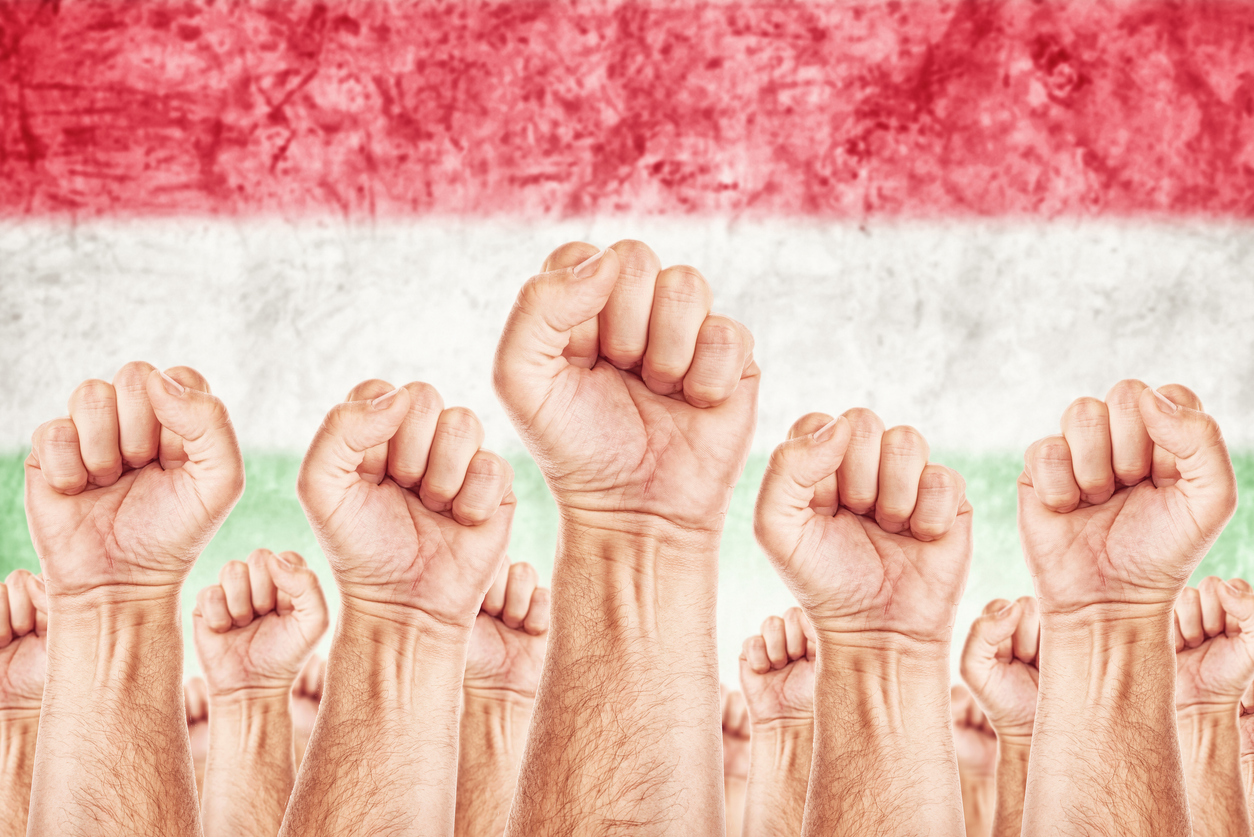
Teachers in Hungary Oppose Democratic Backsliding
Time Period: 202-2024Location: Budapest, HungaryMain Actors: Tanítanék NGO, Hungarian teachers, students, and parentsTactics - Assemblies of protest or support - Human chains - Destruction of Government Documents Hungarian democracy has...

The Quakers Advance Democracy in the US Civil Rights Movement
Time Period: 1956-1968Location: Montgomery & Birmingham, AL; Prince Edward County, VA; Washington, DC; Cape May, NJ; New Delhi, IndiaMain Actors: American Friends Service Committee, Bayard Rustin.Tactics - Publishing Dissenting Literature...
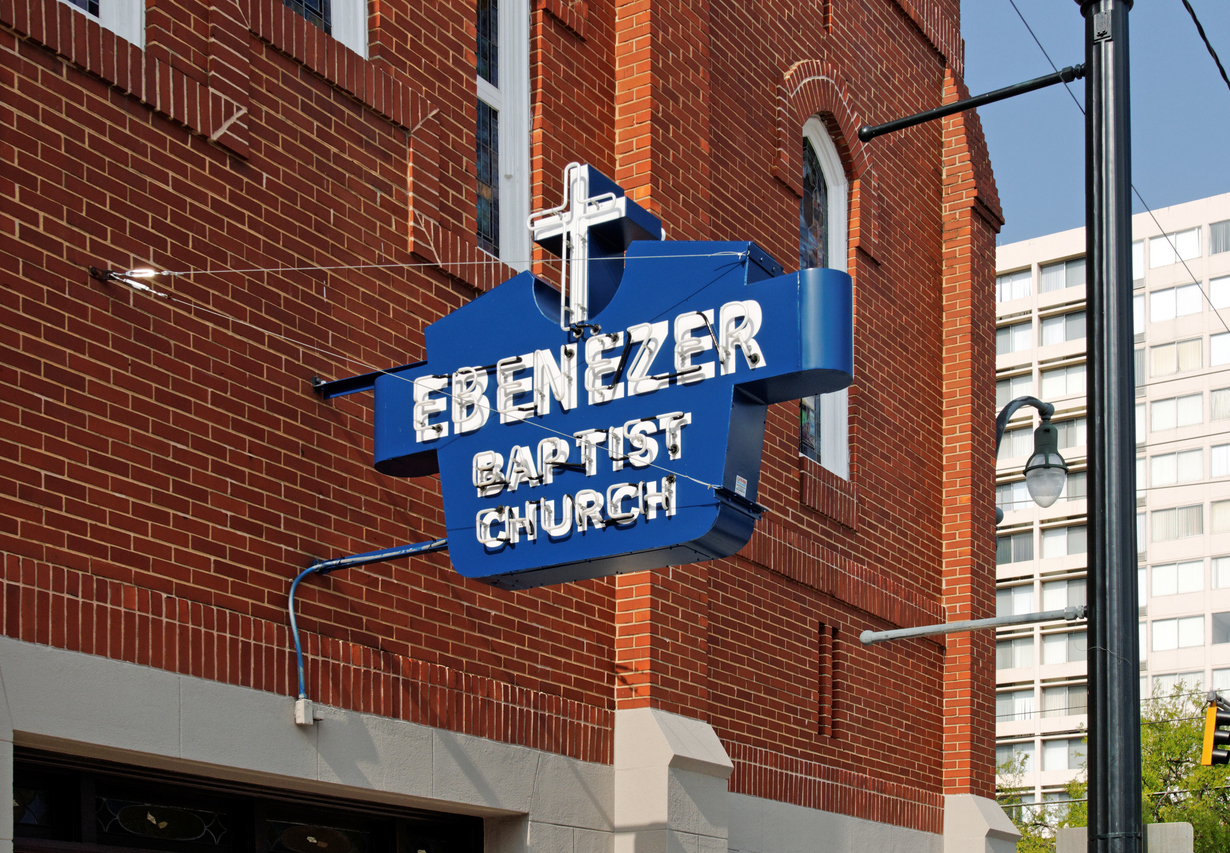
Activating Faith: The Southern Christian Leadership Conference Fights for Freedom
Time Period: Civil Rights Era, 1955-1970sLocation: United StatesMain Actors: The Southern Christian Leadership Conference (SCLC); affiliate churches; Civil Rights organizersTactics - Protest–teach-ins to educate and encourage participation - Mass action–sharing...

Calling in Calling Out
Building powerful movements for a just and democratic society requires tearing down the walls separating people and welcoming new people into the movement. It takes recognizing that individuals, shaped by...
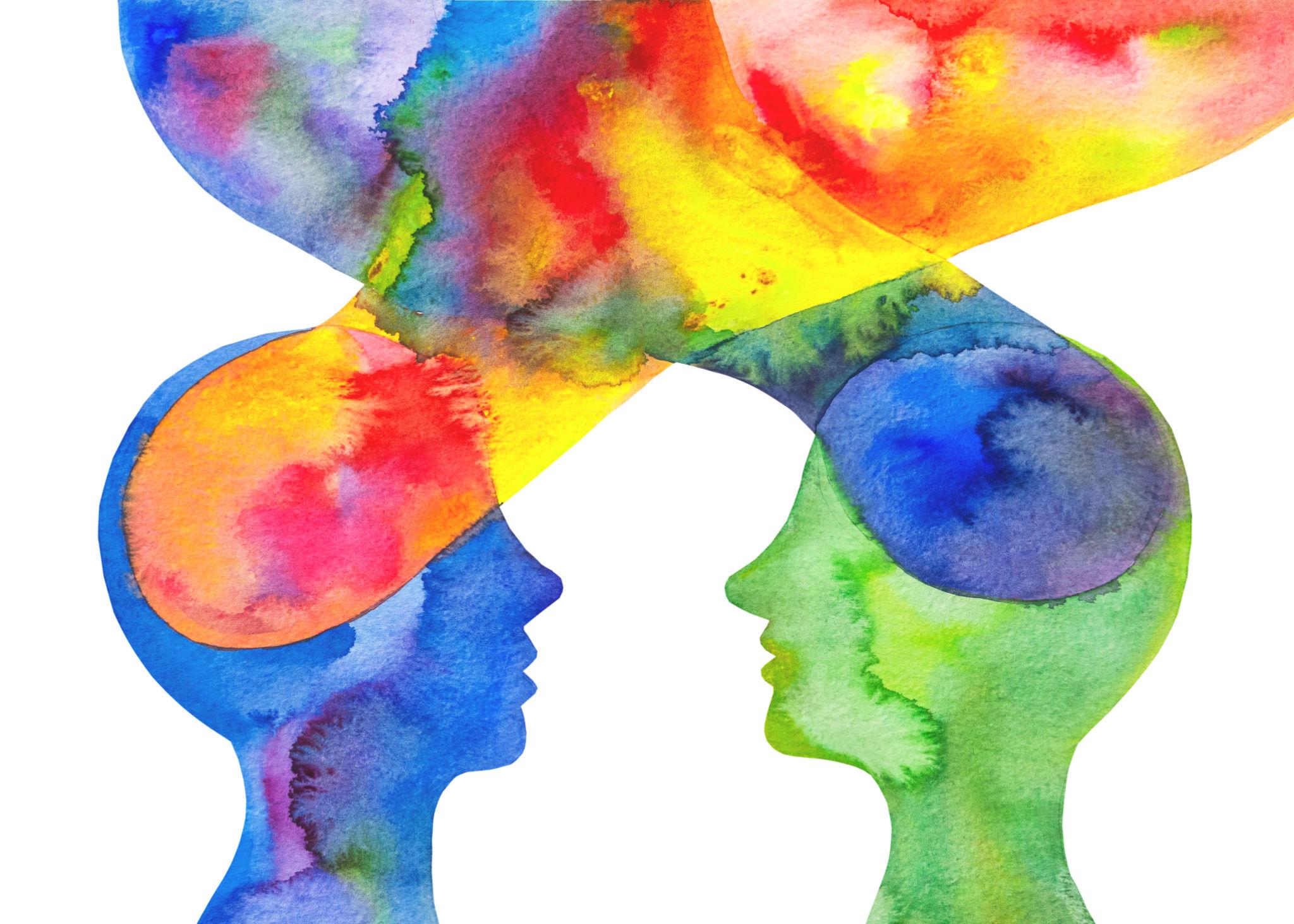
SENSEMAKING WITH HORIZONS: The Alabama Brawl, August 2023
https://youtube.com/watch?v=Sf6npTNF8gs Jarvis Williams, the Director of Applied Research and Julia Roig, the Chief Network Weaver at Horizons come together in this short video interview to reflect on the “Alabama Brawl” that occurred...
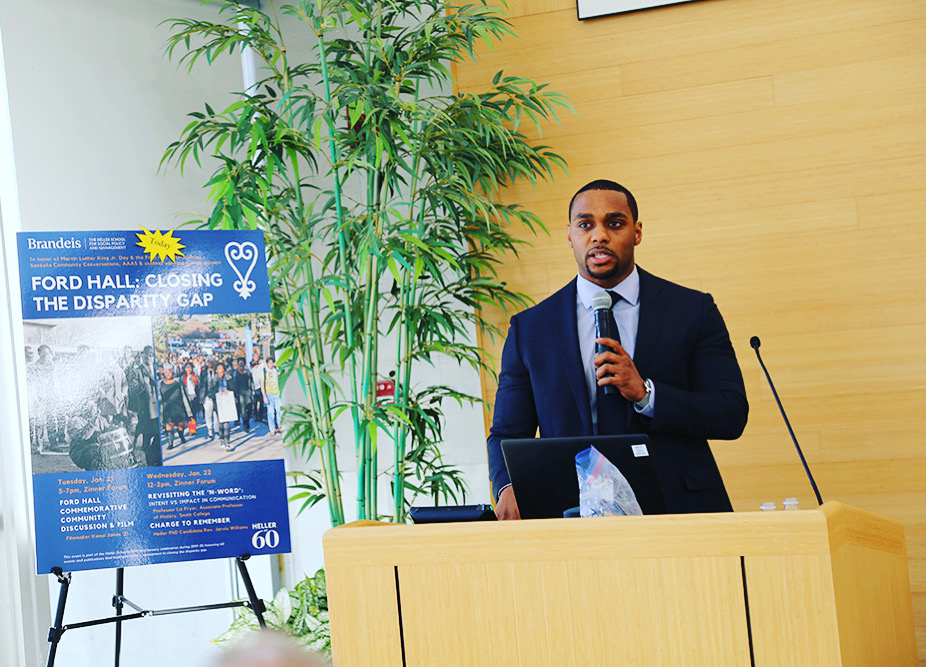
Welcome to Jarvis Williams, New Director of Applied Research at The Horizons Project!
Enjoy this short interview between our Chief Network Weaver Julia Roig and our new Director of Applied Research Jarvis Williams as he describes his excitement and motivation about joining the...

THE PILLARS PROJECT: Veterans and Military Families
What is the connection between democracy and veterans and military families? Upon entering their military service, veterans swore an oath of office to support and defend the Constitution of the United...
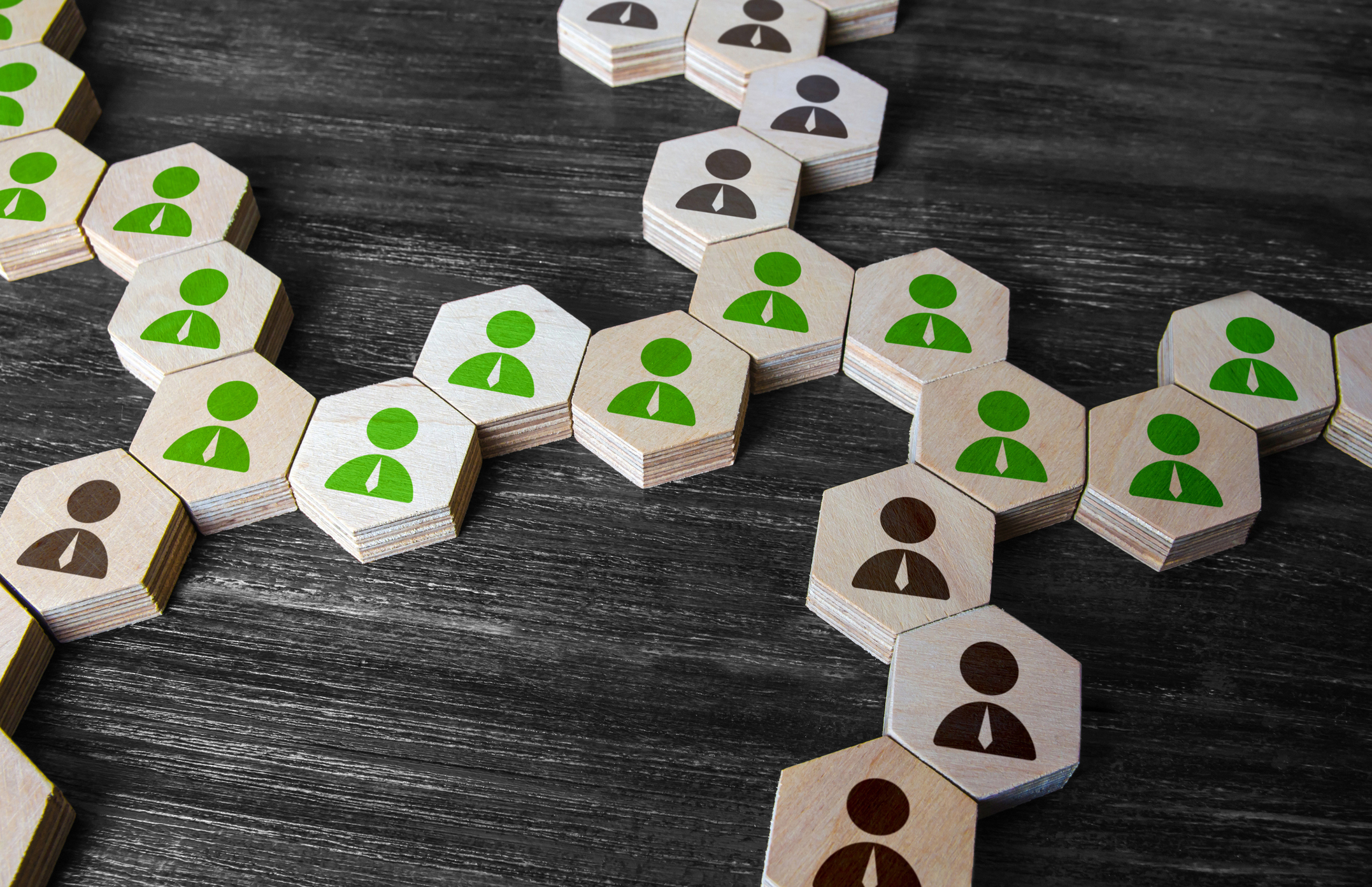
THE PILLARS PROJECT: Labor Unions
What is the connection between unions and democracy? Democratic backsliding in the United States is a particular threat to labor unions. The research is clear: democracy is good for labor. Democracies...
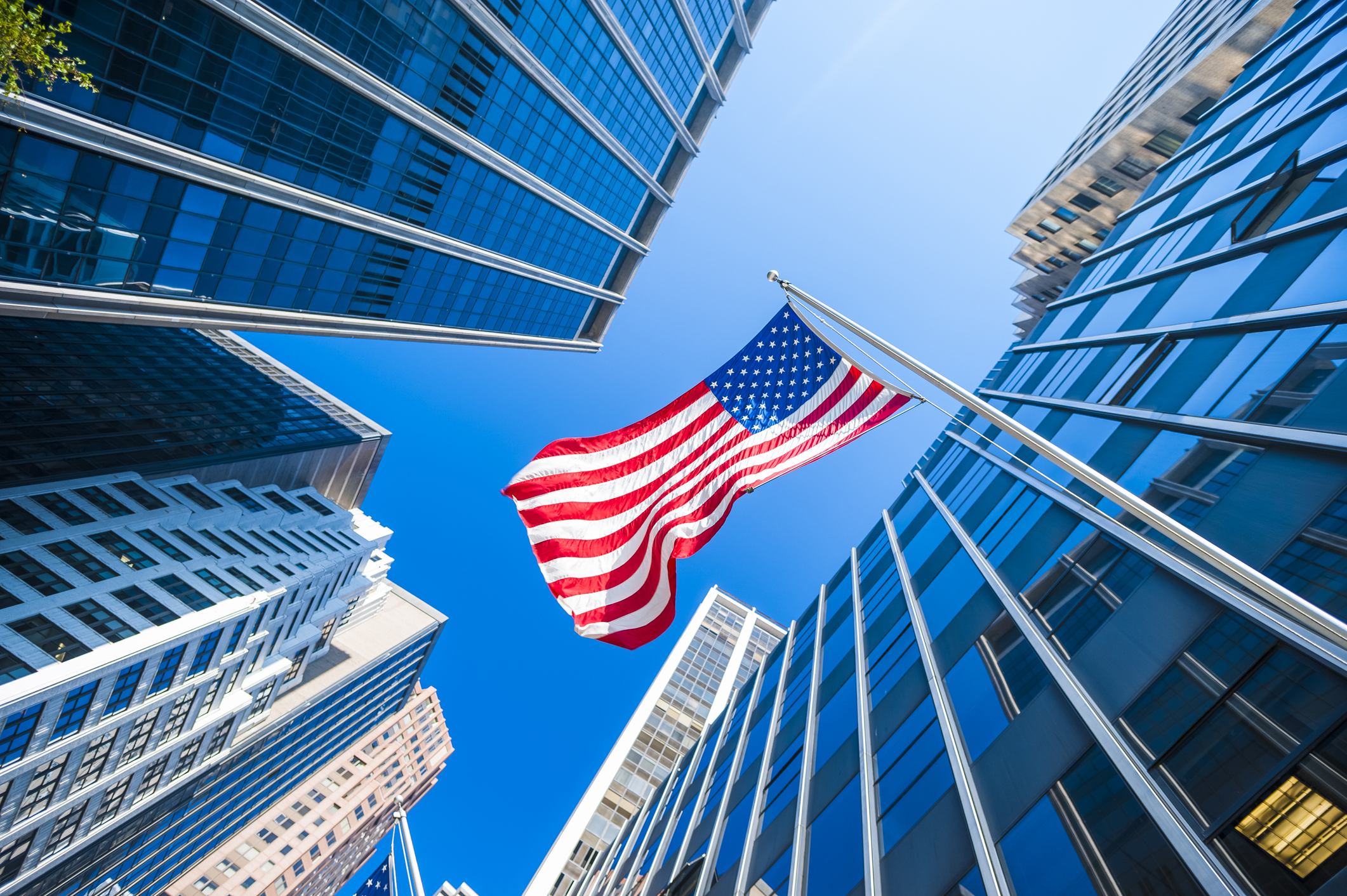
THE PILLARS PROJECT: The Business Community
What is the connection between business leaders and democracy? A strong, healthy, and dynamic democratic political environment is key to economic resilience in the United States. American industry, corporate America, and small businesses...
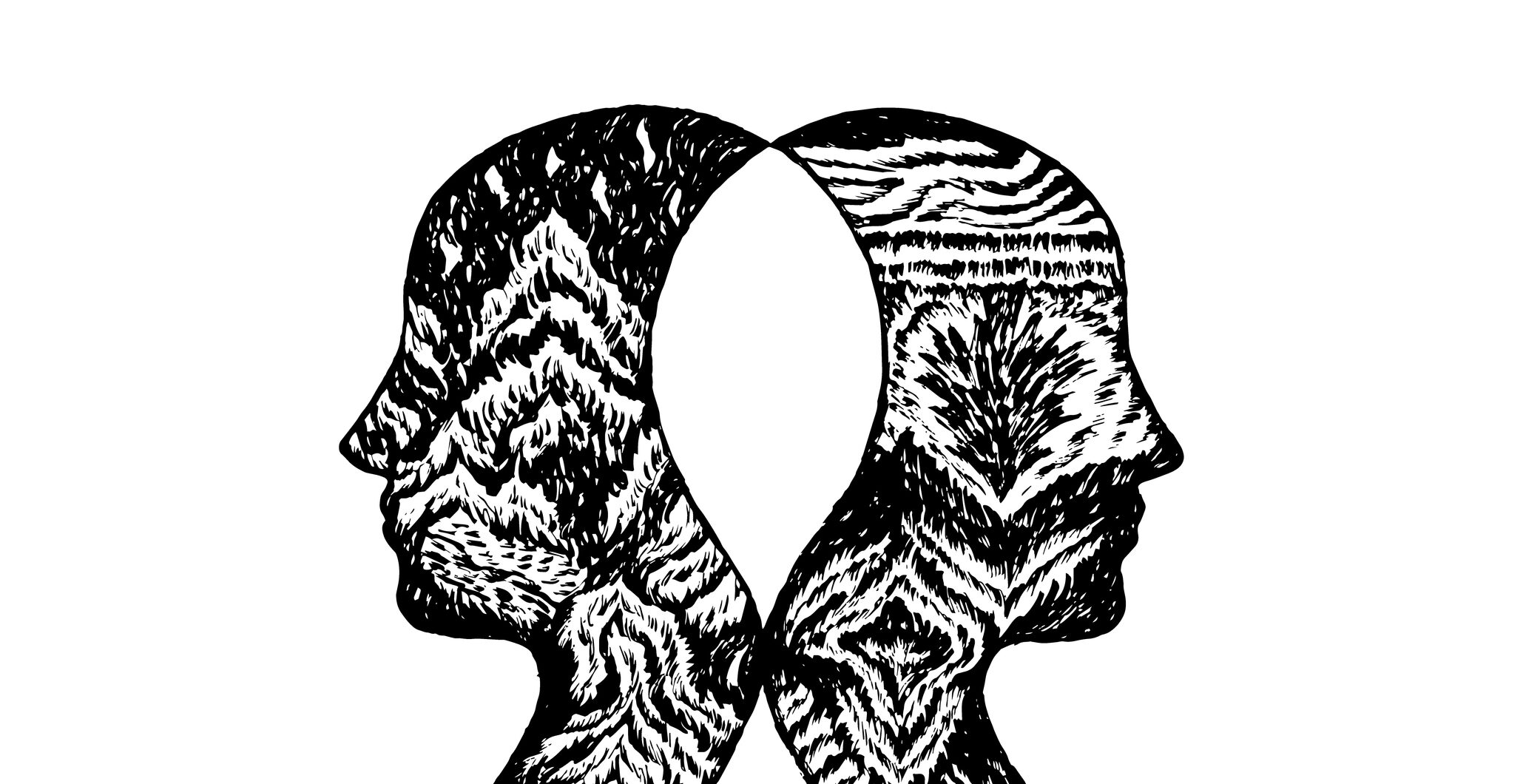
Exploring Narrative Practices for Broad-based Movements in Contexts of Democratic Decline
*This piece was originally published on March 1, 2023 on OpenGlobalRights by Chief Network Weaver Julia Roig and James Savage. Versión en Español The rise in authoritarianism and democratic decline around the...
